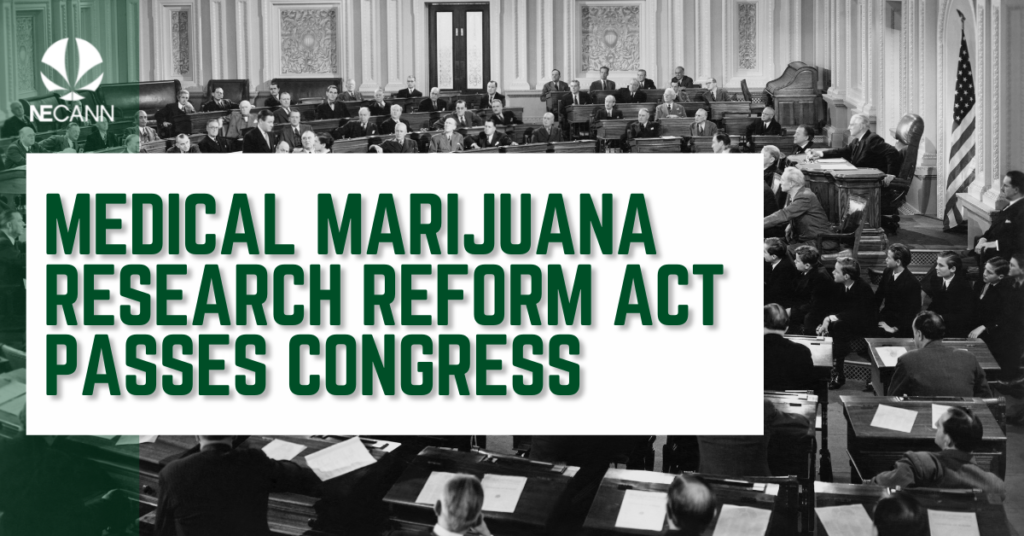According to a report in POLITICO, the U.S. Senate unanimously passed legislation to reform medical cannabis research. This bill is the first of its kind to be brought to a sitting U.S. president for signature, having previously cleared the House earlier this year with unanimous assent.
The Medical Marijuana and Cannabidiol Research Expansion Act, co-sponsored by Senator Dianne Feinstein (D-CA) and Representative Earl Blumenauer (D-OR), will increase funding for scientific investigation into the therapeutic potential of medical marijuana. The measure will also shield physicians who advise their patients on the potential benefits and dangers of using medical cannabis.
Similar to heroin, marijuana is classified as a Schedule I substance under the Controlled Substances Act. Substances in Schedule I are those with no accepted medicinal use and a high potential for abuse and dependence. Recent studies and anecdotal reports from thousands of patients around the country, however, suggest that cannabis may have medical utility for specific medical disorders.
However, cannabis study is hindered by its status as a Schedule I substance. Sometimes it takes years for scientists to gain the necessary approvals from all the relevant bodies before they can begin a study. Until recently, students were also restricted to using only marijuana grown at the University of Mississippi, which had a stronger resemblance to the pot sold on the streets in the 1970s than to the weed sold in legal dispensaries today.
On the campaign road, Biden argued that marijuana research has to be simplified, and last month, he signed an executive order asking HHS to assess the existing marijuana research and make a recommendation to the DOJ regarding whether or not to reschedule marijuana from the CSA.
According to an article in Ganjapreneur, President Biden said while campaigning that he believes cannabis should be easier to research and that nobody should be jailed for consuming cannabis. The president took his first major step toward honoring those statements when he issued a blanket pardon for all federal prisoners with low-level cannabis convictions and directed his Secretary of Health and Human Services and the U.S. Attorney General to begin an administrative review of the current scheduling of cannabis.
The latest developments in cannabis are coming to you live from NECANN.




